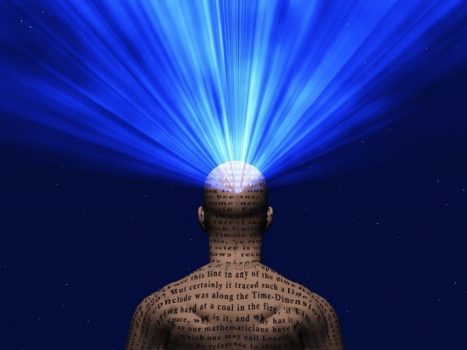Coaching
What is Coaching?
Coaching is a professional relationship that helps people produce extraordinary results in their lives, careers, businesses, or organizations, helping them to bridge the gap between where they are now and where they want to be. Coaches partner with their clients to design the life they want, bring out their clients’ own brilliance and resources so that they can achieve excellence and create purposeful, extraordinary lives. By creating clarity, coaching moves the client into action, accelerating their progress by providing greater focus and awareness of all the possibilities which exist to create fulfilling lives.
“Coaching is a powerful, human relationship where trained coaches assist people to design their future rather than help them get over their past . . . coaches aid clients in creating visions and goals for ALL aspects of their lives and in creating multiple strategies to support achieving those goals. Coaches recognize the brilliance of each client and their personal power to discover their own solutions when provided with support, accountability, and unconditional, positive regard.” Patrick Williams
Coaches honor the client as the expert in his or her life and work and believe every client is creative, resourceful and whole. Standing on this foundation, the coach's responsibility is to:
Coaches honor the client as the expert in his or her life and work and believe every client is creative, resourceful and whole. Standing on this foundation, the coach's responsibility is to:
- Discover, clarify, and align with what the client wants to achieve
- Encourage client self-discovery
- Elicit client-generated solutions and strategies
- Hold the client responsible and accountable
This process helps clients dramatically improve their outlook on work and life, while improving their leadership skills and unlocking their potential.
Where did the concept of coaching originate?
Historically, there have always been “coaches” of some sort in society. It might have been the town priest, the shaman, an elder (grandfather, uncle) or some other mentor relationship. Prior to the evolution of the coach training programs, coaching was a term primarily used in the arts (voice coaches, drama coaches), athletics, and the corporate world. Many executives hired outside consultants as coaches or mentors to give them an outside and unbiased view of their business life and get help with their personal life as well.
Now coaching is seen as both valuable and convenient to the general public for assistance in “total life coaching.” Due to the “formal” training available to prospective coaches who come from a variety of disciplines and work experience, the general public can now find a personal coach who is well trained to assist them in achieving their big goals and desires in their personal or their professional life.
Where did the concept of
coaching originate?
Historically, there have always been “coaches” of some sort in society. It might have been the town priest, the shaman, an elder (grandfather, uncle) or some other mentor relationship. Prior to the evolution of the coach training programs, coaching was a term primarily used in the arts (voice coaches, drama coaches), athletics, and the corporate world. Many executives hired outside consultants as coaches or mentors to give them an outside and unbiased view of their business life and get help with their personal life as well.
Now coaching is seen as both valuable and convenient to the general public for assistance in “total life coaching.” Due to the “formal” training available to prospective coaches who come from a variety of disciplines and work experience, the general public can now find a personal coach who is well trained to assist them in achieving their big goals and desires in their personal or their professional life.
What is the philosophy
behind coaching?
The underlying philosophy behind coaching is that we humans have immeasurable resources of energy, wisdom, ability and genius waiting to be set in motion. We can create the life we want faster and more easily by partnering with a coach who helps us utilize these resources to facilitate change and realize our potential.
Many of the early psychological theories (Adler, Jung, Ellis) and current theories such as Positive Psychology and the “solution focused” therapies are antecedents to modern day coaching. Instead of pathology as the main focus, these theories focus on behavior change through increased awareness and choices for desired future results and solutions to current problems in living, with the individual as the creator and artist of his or her life.
How does coaching differ from
therapy and other helping professions?
Professional coaches know the importance of identifying the characteristics and ethical considerations which differentiate coaching from consulting, therapy, mentoring, counseling, or even friendship and support group membership.
While coaching and therapy share some similarities, psychotherapy often focuses on the impact the past has on the present, on healing psychological dysfunction, and on relieving emotional pain. The therapist is considered to be the expert, the one with answers about what is right for the client.
Coaching focuses on the present and future, the client's strengths, life purpose and goals, working with clients to create possibilities to enrich their life. Based on the belief that all individuals are whole, capable individuals, coaching assumes the client is expert, able to determine what is best for their lives and the coach works along with them to maximize their personal and professional potentials, to close the gaps to create extraordinary lives.
Since its creation, neuro-linguistic programming has been used to treat a wide range of issues. These include:

Address
8025 North Point Blvd, Winston-Salem, NC 27106
Phone
+1 336-287-7410
+1 336-287-7410
Web
Mail: wrenwyckw11@gmail.com
Website: Triunecoaching.com
